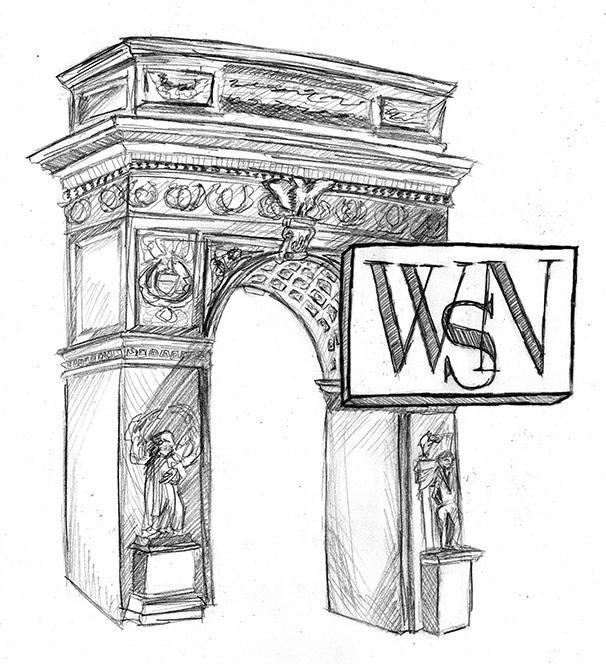Minimize the Microaggressions in Tisch
April 16, 2018
Racial insensitivity in the Tisch Drama Program has come to light, as nine black students bravely came forward to share their stories of facing microaggressions and outright racism. Now, it is important for us at NYU to seek ways to solve these problems. While it is imperative that we identify problems and educate the community, it is crucial to move forward with a plan for long-term betterment.
Multiple programs are already in place intended to help improve such situations, but it seems they have been unsatisfactory thus far. However, realizing that those issues exist is the first step, and the recently appointed Chair of the Tisch Drama program Ruben Polendo has recognized the racial issues within the school and is working toward creating a more educated and accepting environment. One way he is doing so is, in conjunction with the Center of Multicultural Education Programs, starting a year-long investigation into each of the 10 drama studios that make up the Tisch School of the Arts. Additionally, Tisch is home to the Diverse Faculty Mentoring Program. The program pairs alumni of the program with faculty to better prepare the mentors — the alumni — for teaching diverse classes of students and of curriculums. Although it does not directly impact NYU as a whole, this program supports the effort to increase the diversity of faculty in the Drama program. These efforts are steps in the right direction, but clearly there is more to be done.
These efforts should start with listening so that we can draw most of our suggestions from those students who initially voiced their concerns — what they believe to be the biggest problems and what they believe to be the possible solutions. We know from one student’s account that conversations like the “Community Call-In’s” often serves as a space for privileged students to voice their thoughts, rather than a step-back-and-listen. Increased conversations between the program’s faculty and students are necessary, which is why we encourage Tisch Drama to implement mandatory Justice Zone trainings that will be tailored to Tisch Drama specifically and taught by members of CMEP, an NYU organization that Polendo is now working with to combat the issue. Justice Zone aims to help the NYU community look at concepts through a lens of race and racism in order to encourage critical consciousness.
Additionally, students and faculty should attend extracurricular activities to educate themselves on the challenges that their peers and students face. Currently, the responsibility falls on victims of microaggressions to educate their professors and peers — this should not be the case. Students and faculty should seek out ways to better understand the issues that affect their peers or students on a daily basis. Whether it be spending time at CMEP events like Take a Break on April 27 or supporting art created by people of color, more steps need to be taken to ensure that a student of color does not need to be a teacher as well.
As for members of the NYU community not involved in Tisch Drama, we must look into our own different programs and identify instances of bias and discrimination. While Tisch is currently the school with the most exposure on the subject, we have to note that Tisch is not isolated from our community, and thus the problems identified ultimately reflect the culture and issues of NYU as a whole.
A version of this article appeared in the Monday, April 16 print edition. Email the WSN Editorial Board at [email protected].



























































































































































